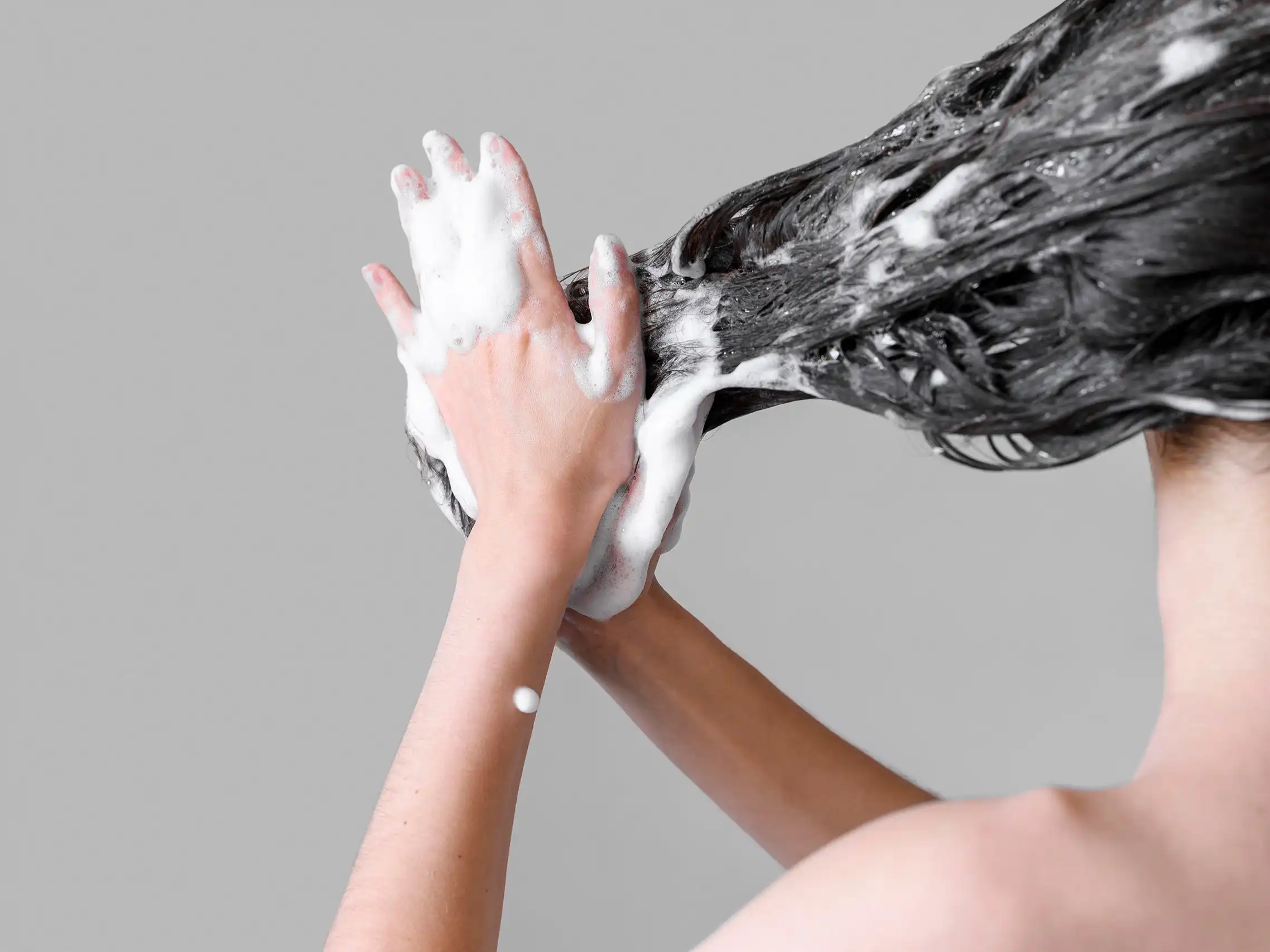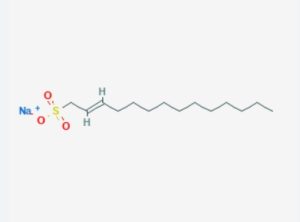Sodium Lauryl Ether Sulfate (SLES) is a widely used surfactant in shampoo formulations, prized for its excellent detergency, foam production, and mildness to the skin and eyes compared to its non-ether counterpart, Sodium Lauryl Sulfate (SLS). Here’s how SLES is applied in shampoos:
1. Foaming Agent: SLES is a high-foaming agent which contributes to the rich lather that is sought after in shampoos. The foam helps in evenly spreading the shampoo throughout the scalp and hair, lifting dirt and oils for easy rinse-off.
2. Cleansing Agent: It acts as a primary cleanser, effectively removing sebum, styling product residues, and other impurities from the hair and scalp without excessive stripping of natural oils, making it suitable for a broad range of hair types.
3. Emulsifying Agent: SLES assists in emulsifying the oil and water components in the shampoo, allowing oil-soluble dirt to mix with water and rinse out cleanly, which is particularly effective for oily hair.
4. Thickening Agent: SLES can also contribute to the viscosity and thickness of shampoos, giving them a quality, creamy consistency that improves application and consumer perception of the product.
5. Mildness: As SLES is less irritating and gentler than SLS, it is preferred in shampoos formulated for frequent use or for those with sensitive skin. It is also less likely to cause dryness and irritation of the scalp and skin.
6. Stability in Hard Water: SLES is more resistant to the deactivating effects of hard water ions, ensuring that the shampoo lathers well and cleans effectively even in areas with hard water.
7. Solubilizing Fragrances and Additives: It helps to incorporate and stabilize fragrances, conditioning agents, and other additives in the shampoo, ensuring a uniform and pleasing user experience.
Due to these desirable properties, SLES is chosen as the surfactant of choice in a range of shampoo formulations, from daily-use and baby shampoos to more specialized products for dandruff or colored hair. While SLES is generally considered safe for consumer use, there has been a push in recent years toward more natural and sulfate-free alternatives as part of the clean beauty movement, appealing to consumers who are looking for gentler or more environmentally friendly options.










